Inon Zur on composing Fallout’s timeless orchestral scores
And how his approach to Baldur's Gate, Dragon Age and Crysis differed.
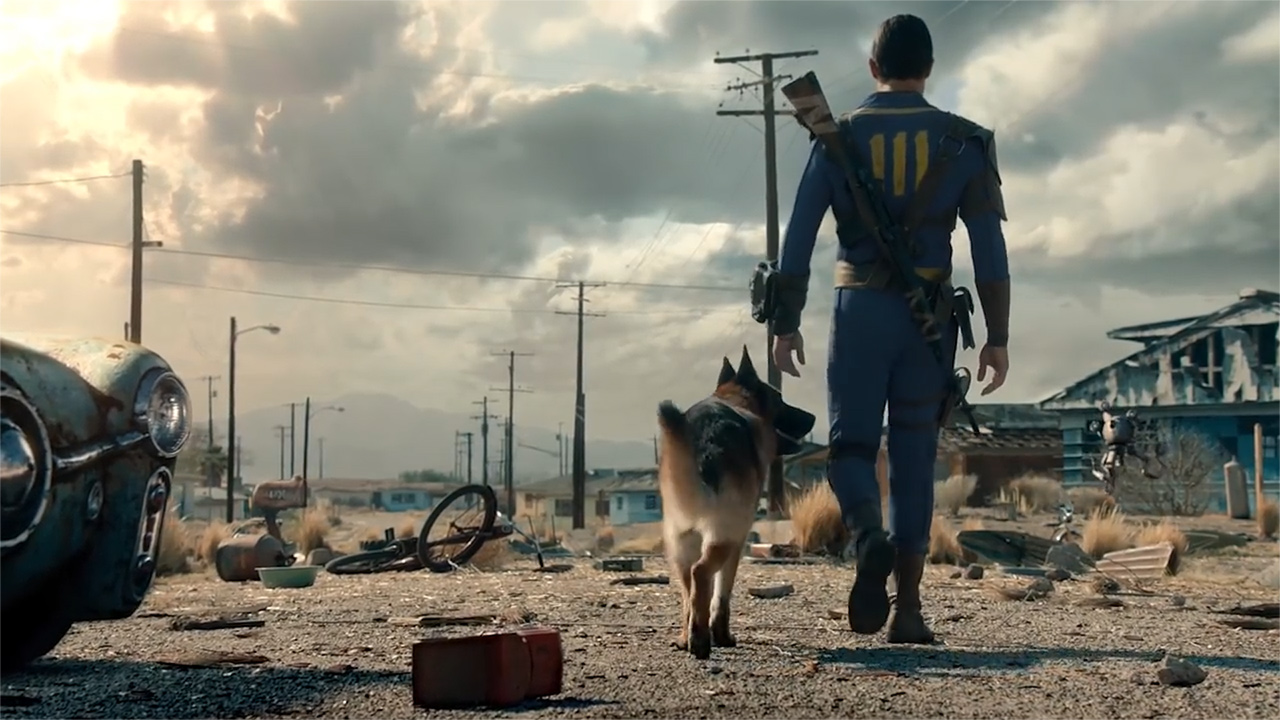
Inon Zur is a multi-award winning composer who has spent the majority of his career writing videogame scores. His resume boasts the likes of Baldur's Gate 2: Throne of Bhaal, Dragon Age: Origins, Prince of Persia and Crysis, among a long list of other game projects.
After cutting his teeth on 2001's Fallout Tactics: Brotherhood of Steel, Zur went on to compose the ambient orchestral arrangements for Fallout 3, Fallout: New Vegas, and Fallout 4—the latter of which was revisited following the launch of Fallout 4 VR. I caught up with Zur to chat about his career, what inspires him to write music for videogames, and how he approaches each project differently.
PC Gamer: You've worked in television and film, but the majority of your work has been with videogames. What was it that first attracted you to games?
Inon Zur: Videogame score is very unique and a different process than movies and TV. Since the music cannot be locked to a picture (cinematics and cut-scenes being the exceptions), it has to carry a strong signature that can represent what’s going on in the game without hitting specific points. This is challenging, but the creative process is more open and the freedom to write a piece of music that has no boundaries or limitations is very rewarding.
I also feel that many of the producers and audio directors in the game industry value the music very much and are willing to invest in a high level of production, like recording live orchestras and so on. This is what I’ve found in the scoring for games world and this is why I like to work in this medium so much.
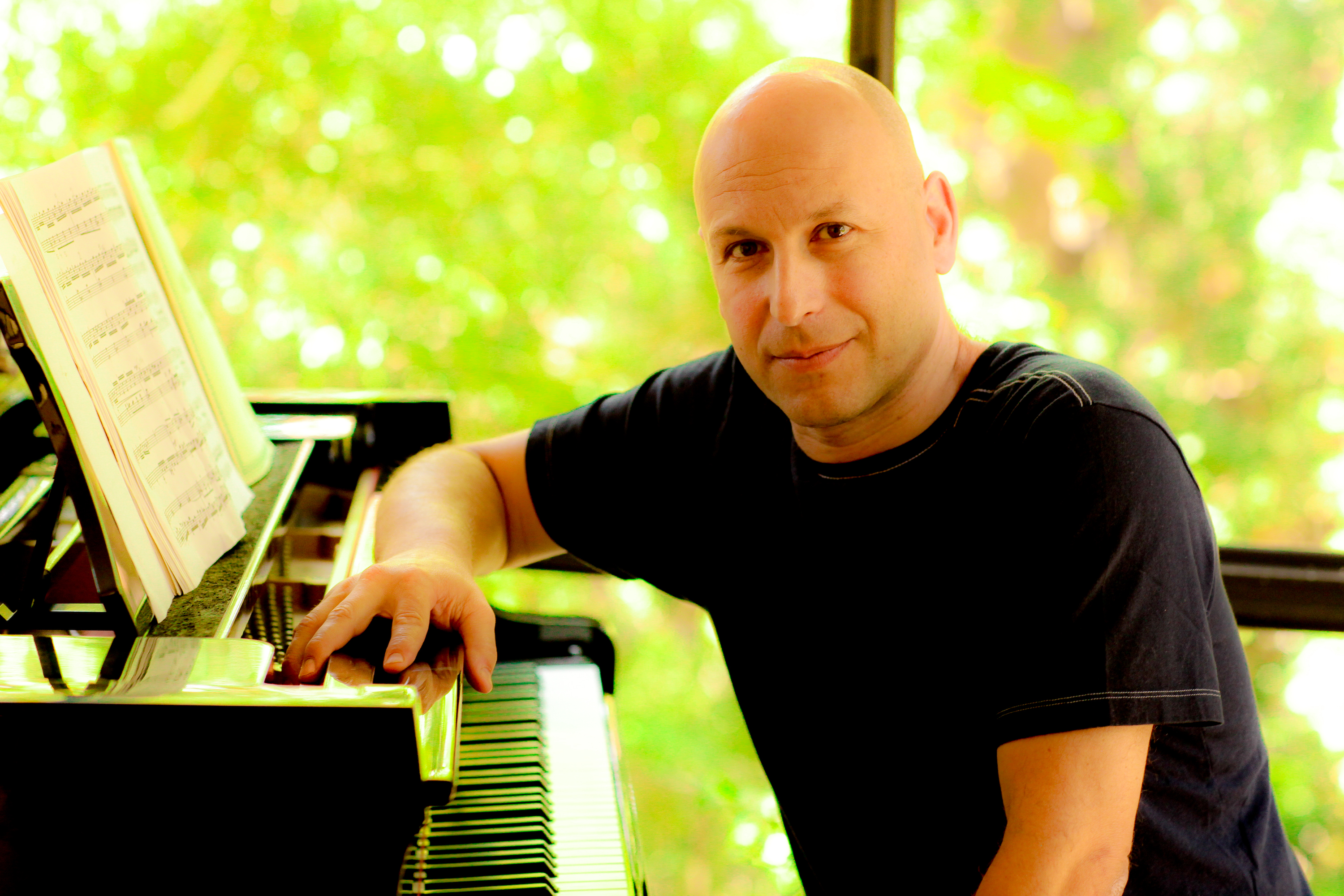
Inon Zur is a professional musician whose work on television, movies and videogames spans three decades. In this time, he's worked on the Baldur's Gate, Prince of Persia, SOCOM, and Dragon Age series among many others. Zur also worked on 2007's Crysis, however is perhaps best known for his orchestral contributions to the Fallout franchise.
Do you play videogames yourself—what has your relationship with games been like over the years?
I love games, although I don’t have enough time to play them since I have to score them. I will, however, usually play the games I’m working on to get the feel of the gameplay and to make sure the music does what we want it to do.
Keep up to date with the most important stories and the best deals, as picked by the PC Gamer team.
Under Bethesda's care, the Fallout series has often adopted a '40s-style rock music OST, despite being set well into the future. Does this style of music affect the application of your ambient orchestral scores?
Usually no. Throughout the years I developed the ‘Fallout musical signature’ that is very unique to the Fallout world and for the most part has nothing to do with the ‘40s style of music. That being said, sometimes there are crossing points where I have to tie the two musical worlds, and in these cases I definitely take into consideration the “Fallout Radio” style and try to match it with the score.
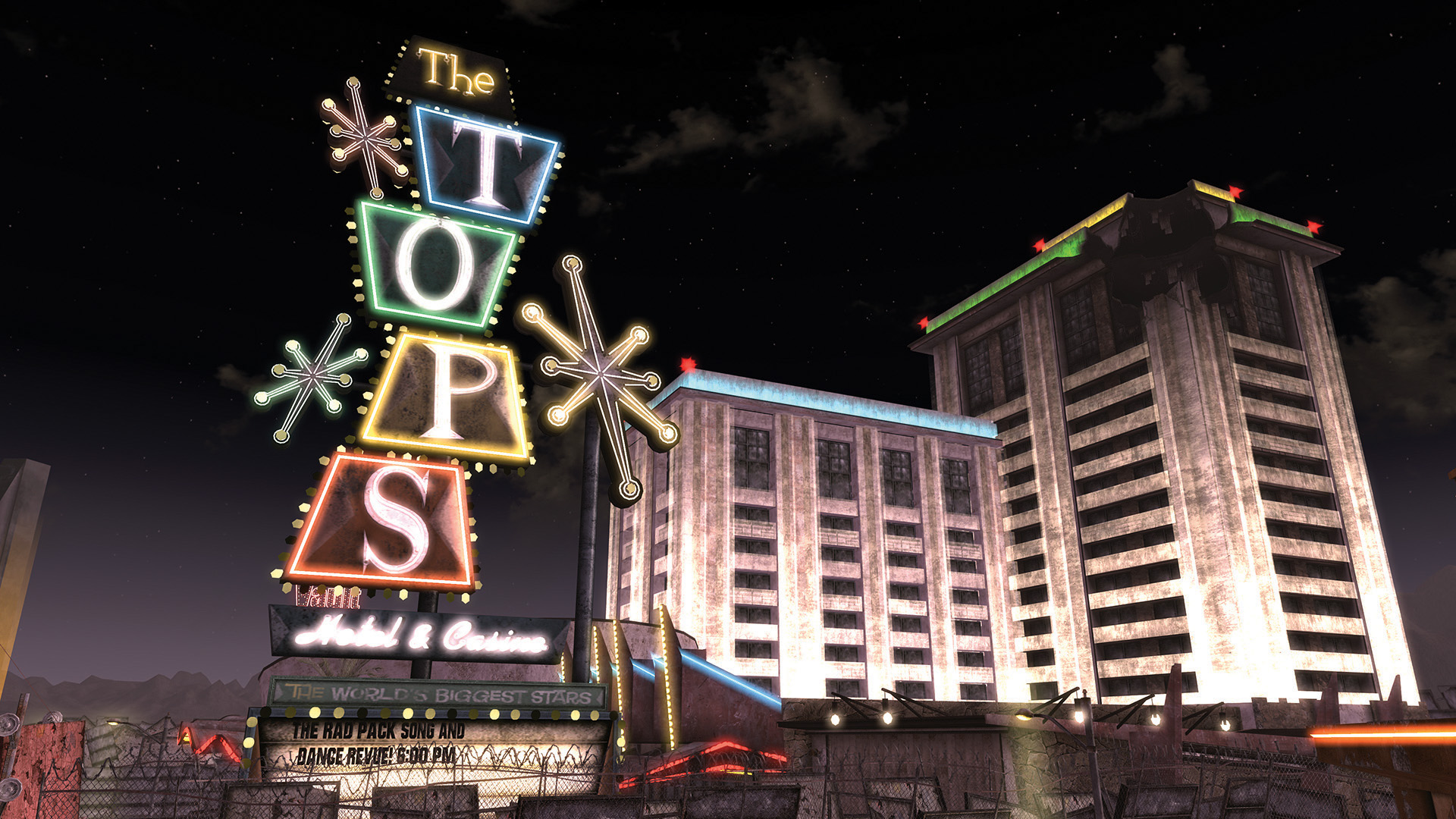
How did your approach to creating the game's overworld music change from Fallout 4, to Nuka World, to Far Harbor, if at all?
I think that in general the Fallout music style is evolving and ever-changing, based on the game content. For example, in Far Harbor the feel was more haunting and sad in comparison to the main game. I used cello solo and female solo voice to highlight the uniqueness of these worlds. Nuka World was more like a theme park, so I matched that feel with the music. Overall the main signature is not very different but I can steer it in different directions based on the story and locations.
You've now composed Fallout 4, Fallout: New Vegas and Fallout 3. Firstly: Do you have a favourite? And secondly: Is there anything specific you must consider when composing Fallout music—are there any special techniques you've relied upon in all three games?
There is a definite creative approach that connects all these games when it comes to music. What we call ‘organic sound design’ is the main tool when it comes to the Fallout world of music. Rather than playing a traditional instrument to create traditional music, the way these instruments are used to being heard, I use them in a non-traditional way. Or I can use a non-musical instrument (practically any object or tool) and produce music from it.
This is what is so unique in the Fallout scores. The fact that you can hear music but not be really sure how it is actually produced. It is a nice enhancer for the mysterious and unknown world of Fallout.
By the way, I also scored Fallout Tactics, which was way earlier.
Your career in videogame music spawns a number of very different games. How does your approach differ when writing a Fallout score compared to, say, Dragon Age: Origins, or Prince of Persia?
It all starts and ends with the story and setting. I will approach games like Dragon Age as a dark fantasy world. It has a very distinct, artistic setting—in this case, dark fantasy. I will approach it from this perspective and will try to bring to life this world from an emotional point of view within the boundaries of this style.
The story of course has a lot of influence on the composition, but the style of the game and the world it resides in will be the biggest factor when it comes to the initial musical approach.
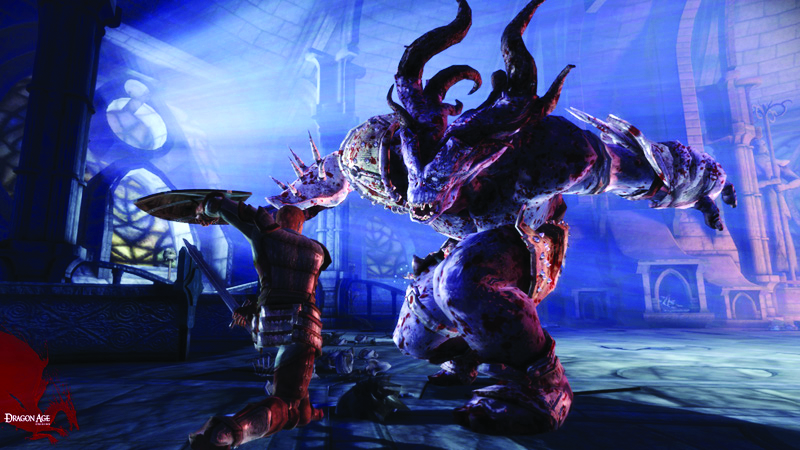
Of all the games you've written music for, which score have you enjoyed most and why?
I have to say that I can’t single out any specific title… I enjoy almost any project for its individual set of challenges and artistic world.
Which game was the most difficult to write music for and why?
Usually games that don’t have a known definition—but rather a new approach in terms of the story and setting—those are the most challenging to write for. However, I must say that each project presents to me its own creative challenges, and even those that are a continuation of previous projects bring new and exciting creative opportunities.
I imagine it's a great feeling when the games you've worked on do well—not least the Fallout series. But how does it feel on your end when a game isn't received positively by critics?
For me it’s most important to know that I did everything in my power to support the game with my music. It is sometimes hard to predict what people will embrace, but I think that I need to always stay true to myself, no matter what the outcome is. This way, even when some project is not well received, at least I know I gave it my very best.
You've won a number of awards for your work on games overs the years. Of those, are there any you're especially proud of?
Not necessarily. The awards, accolades and great reviews no doubt have a great impact and are reassuring. However, I know that they can’t really define if the score was truly deserving of such praise, they are artistic opinions that people have, and as much as I respect this, music is so very personal and subjective.
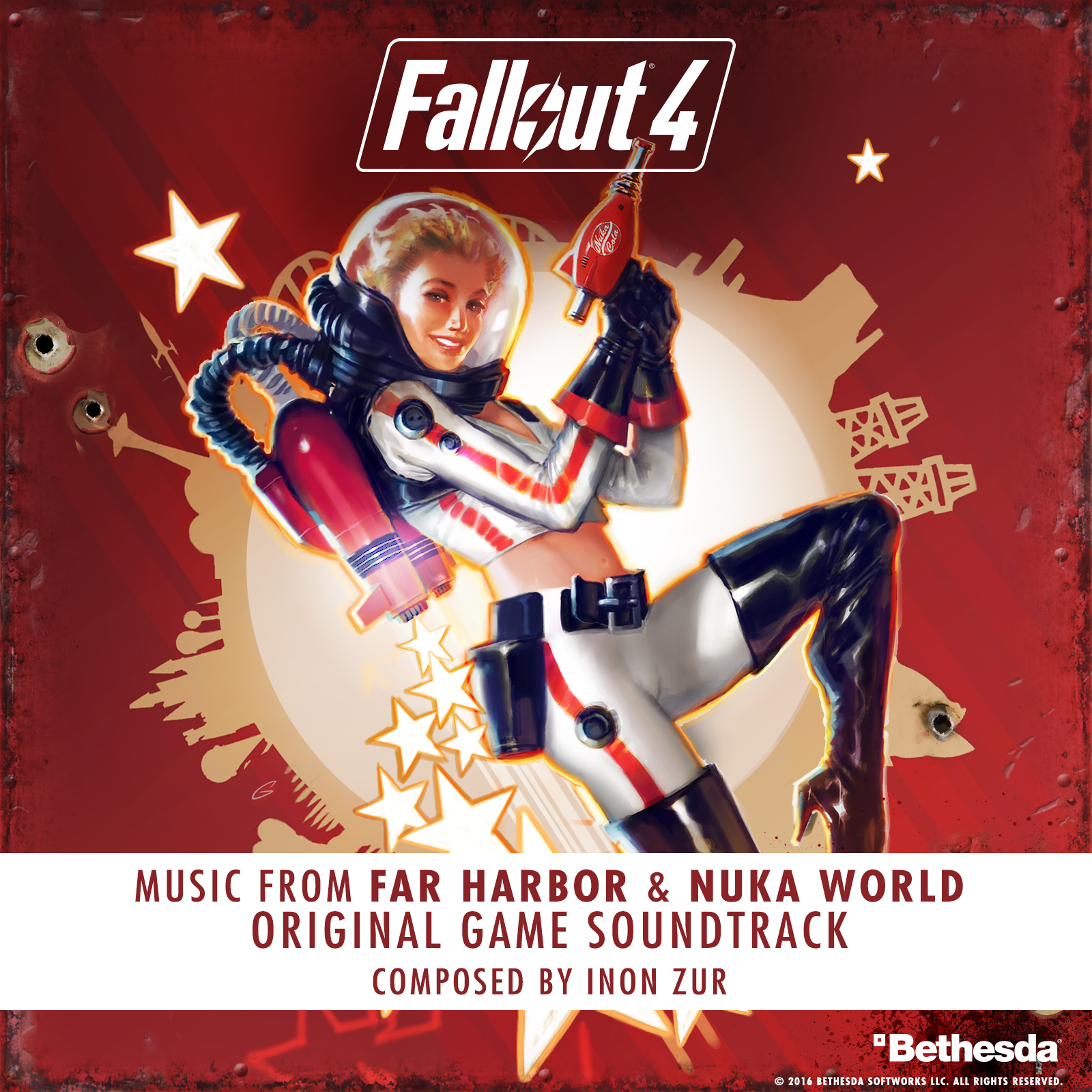
Throughout your time in games, a number of series that you've worked on have been cancelled or discontinued. Is there any particular series you'd like to see revived?
Certainly! I would love to see Prince of Persia make a return! I greatly enjoyed working on the series and would love to write a score for a new game in this series.
Are there any series that you haven't worked on that you wish you could have been a part of?
I’m a huge James Bond fan so I would love working on a Bond score. That would be a dream project. I also like to write jazz music, so any projects that employed this style would be a real joy to compose for!
Speaking generally, how has the videogame music scene changed over time?
There are many factors that contributed to the evolution in videogame music. The first is the technical aspect—today we can fit a huge amount of memory into a game, so there is basically no limitation when it comes to space. Therefore, the quality of the music can be maximized; music can be broken into stems, the interactivity of the score can be enhanced dramatically since there are no memory space constraints and since the audio engines are more sophisticated today, the music can respond in real-time.
The second factor is the introduction of software like WWise, and other similar applications. These are working wonders when it comes to how the music is being implemented in the game. They expanded the audio director’s possibilities and made it easier and more creative than ever.
The third factor is the overwhelming success of the videogame industry—this brought more resources to the productions and therefore the composer has more budget than ever to create a high-quality score, with live recordings, quality mixes, for example.
Certainly music was always heavily valued by game developers and gamers at large, but today I believe it’s more than ever.
Inon Zur's work on Fallout 4's Nuka World and Far Harbour DLC is available now on Apple Music.

